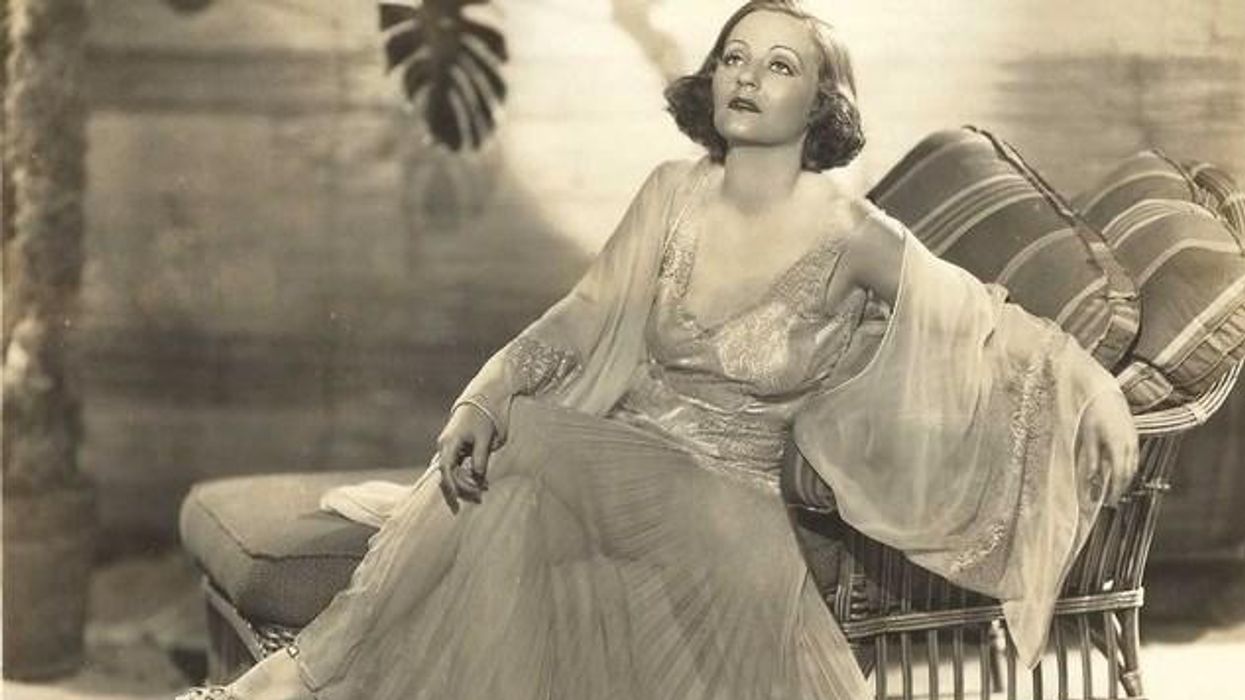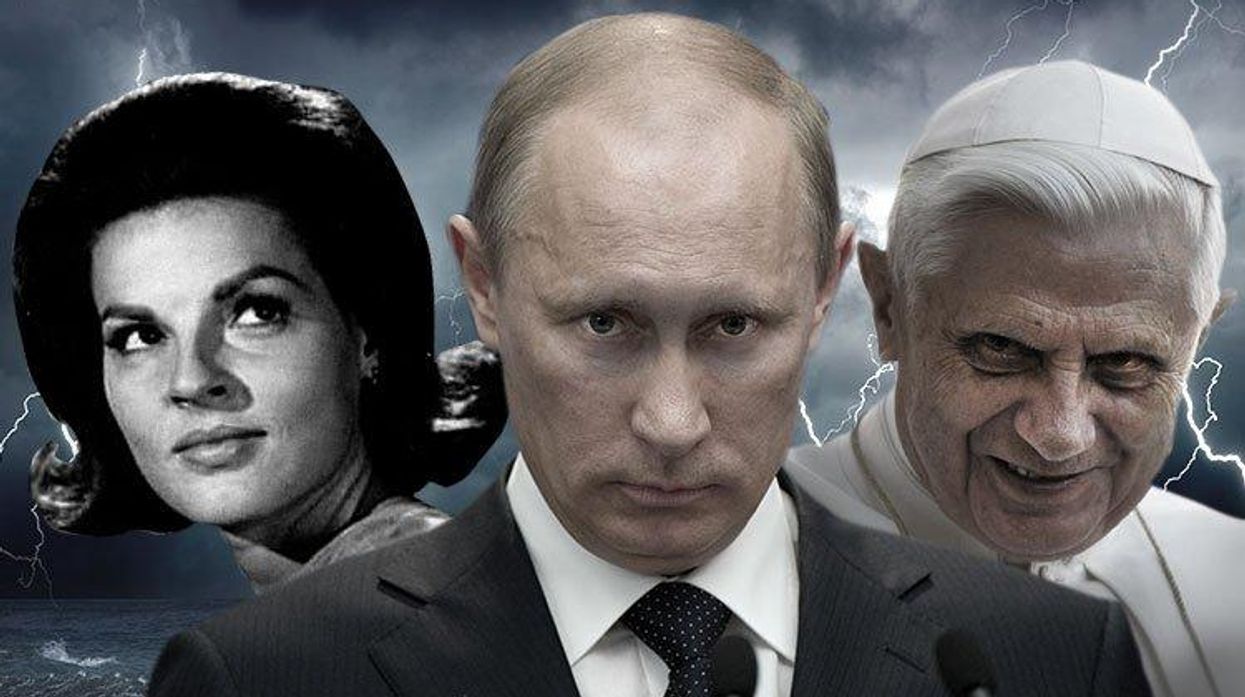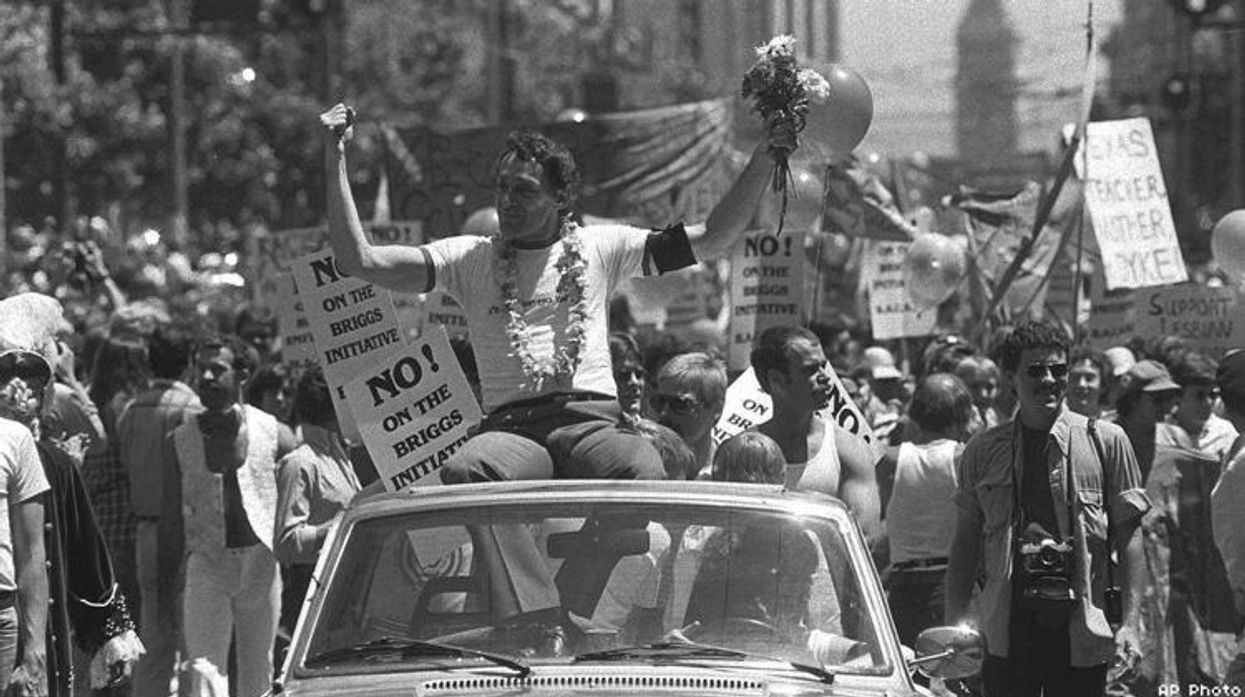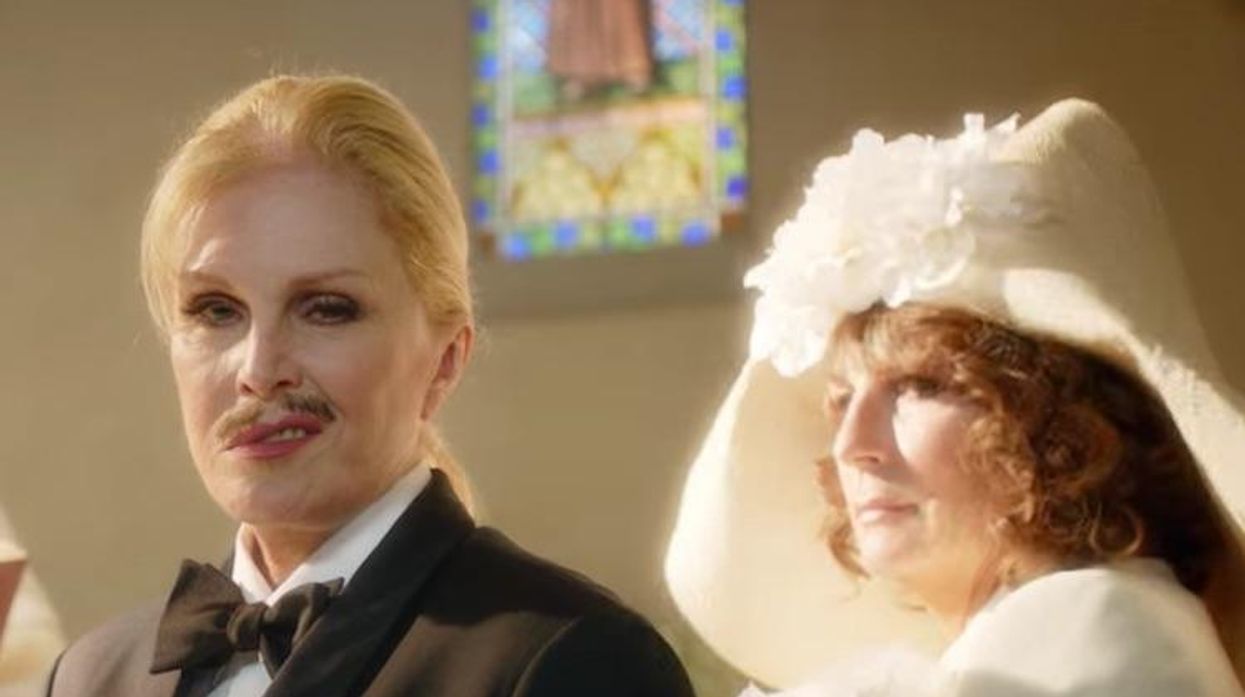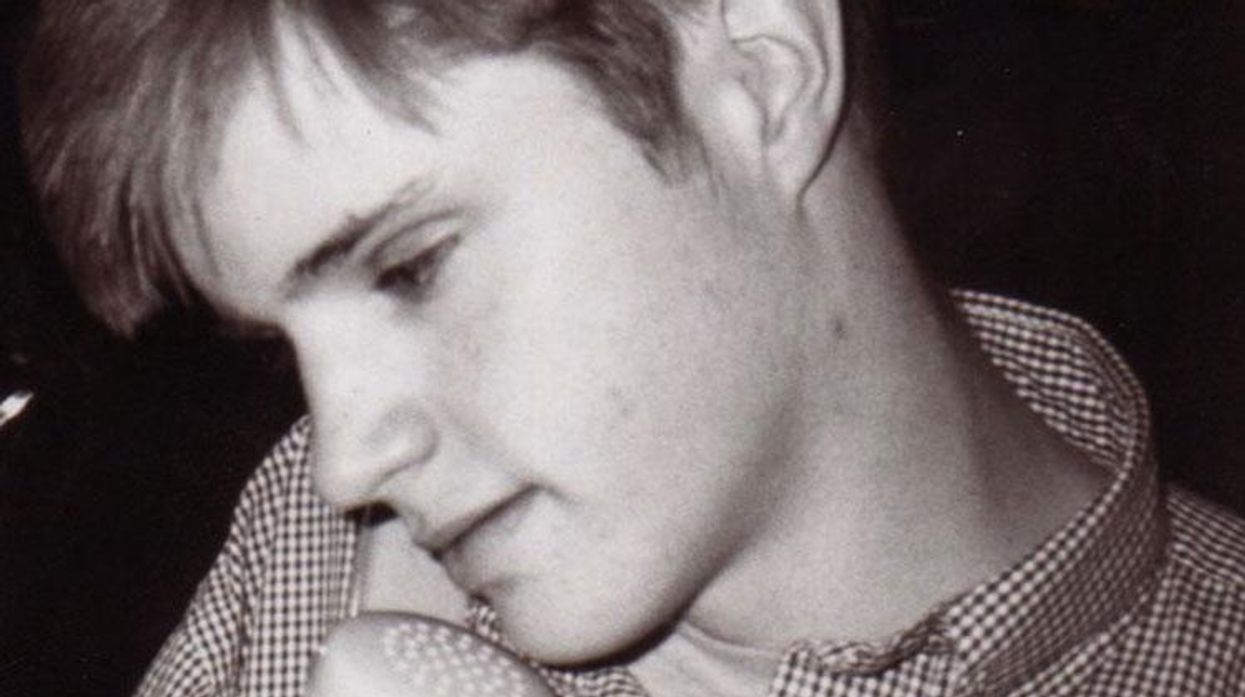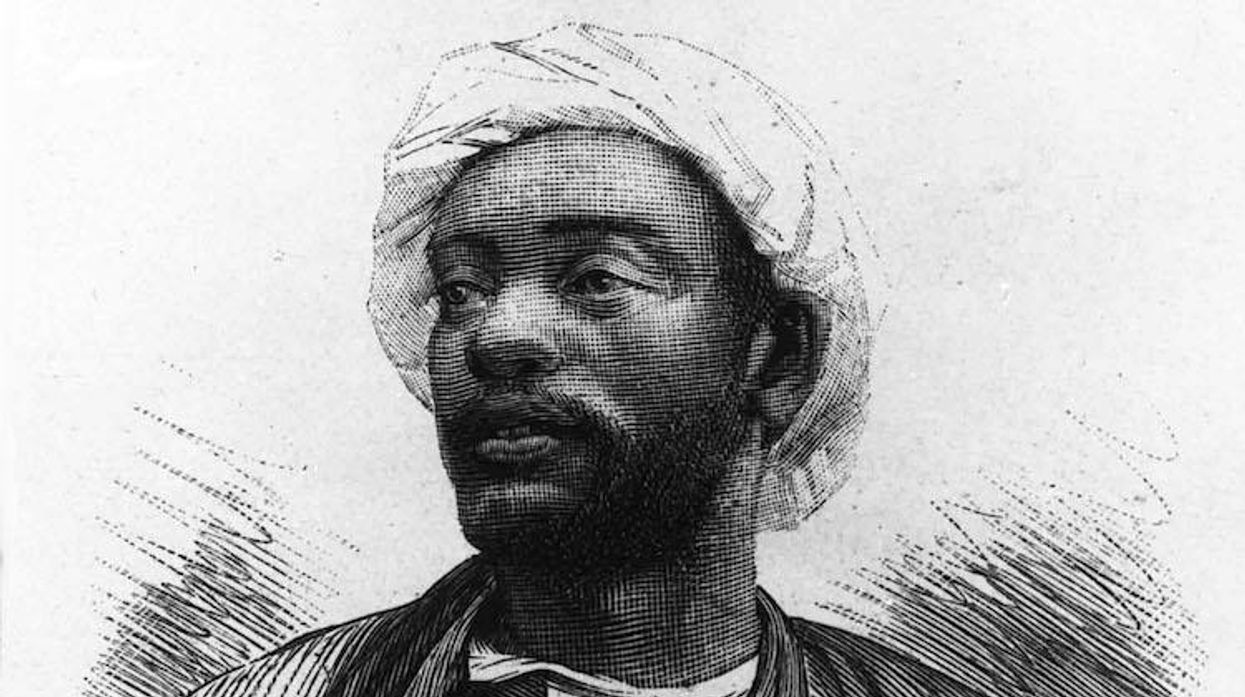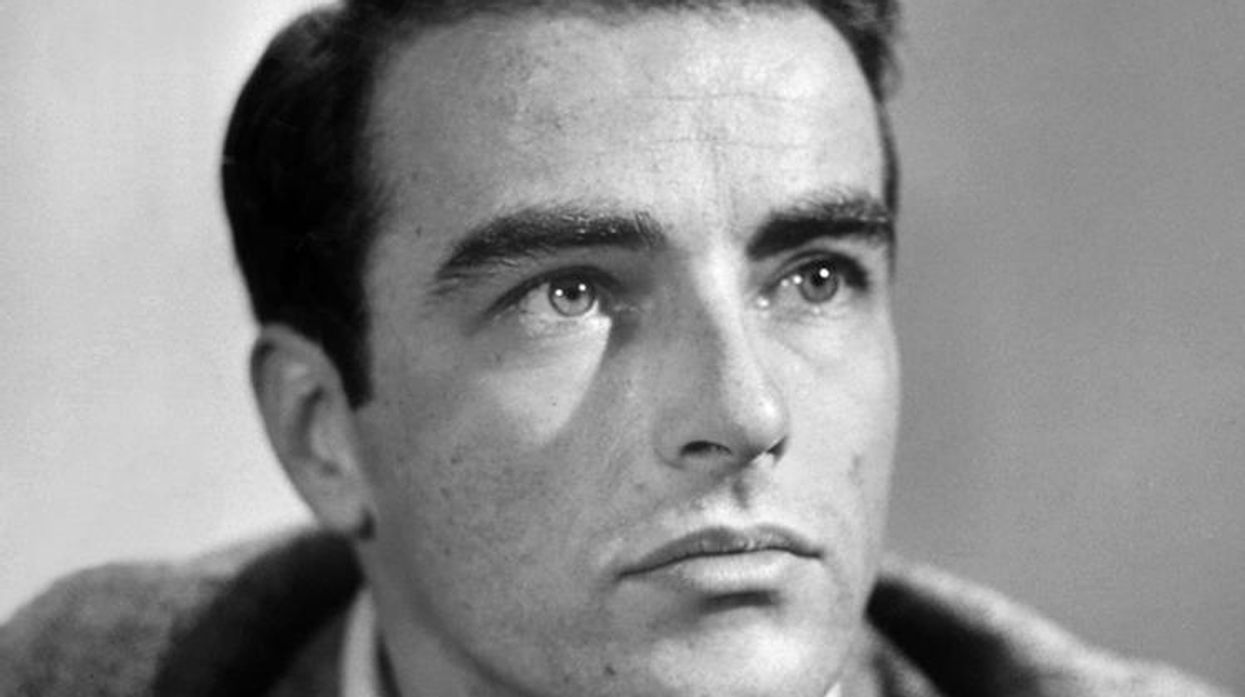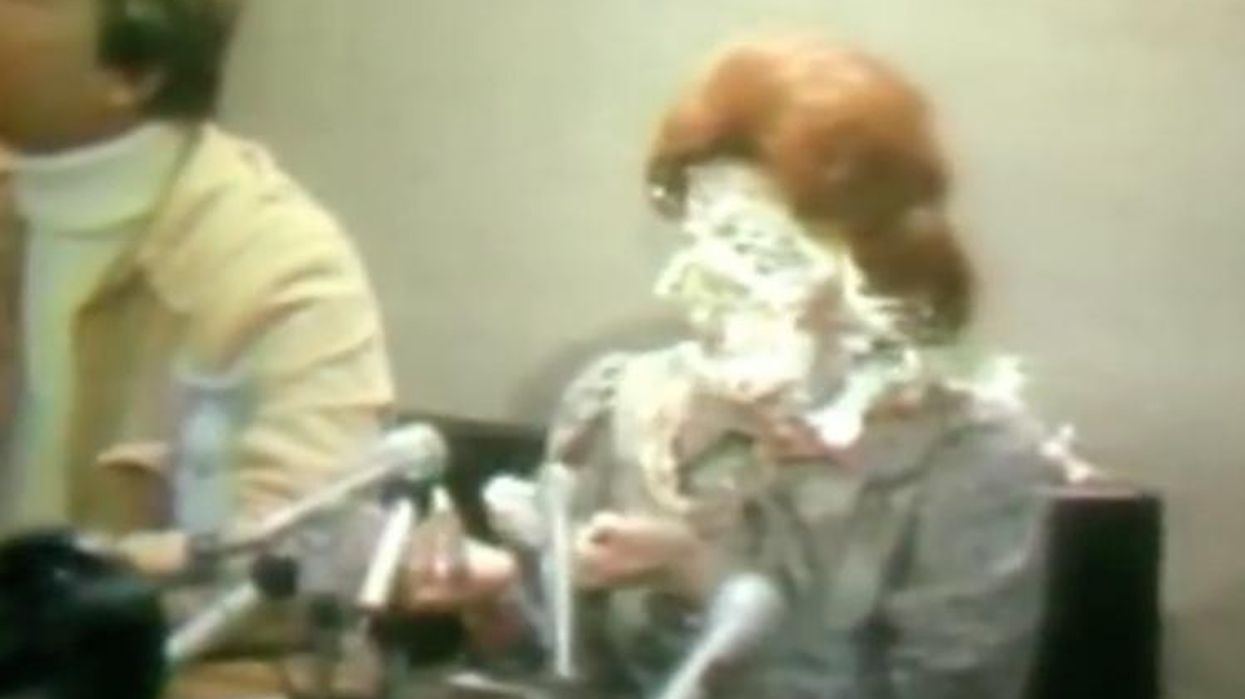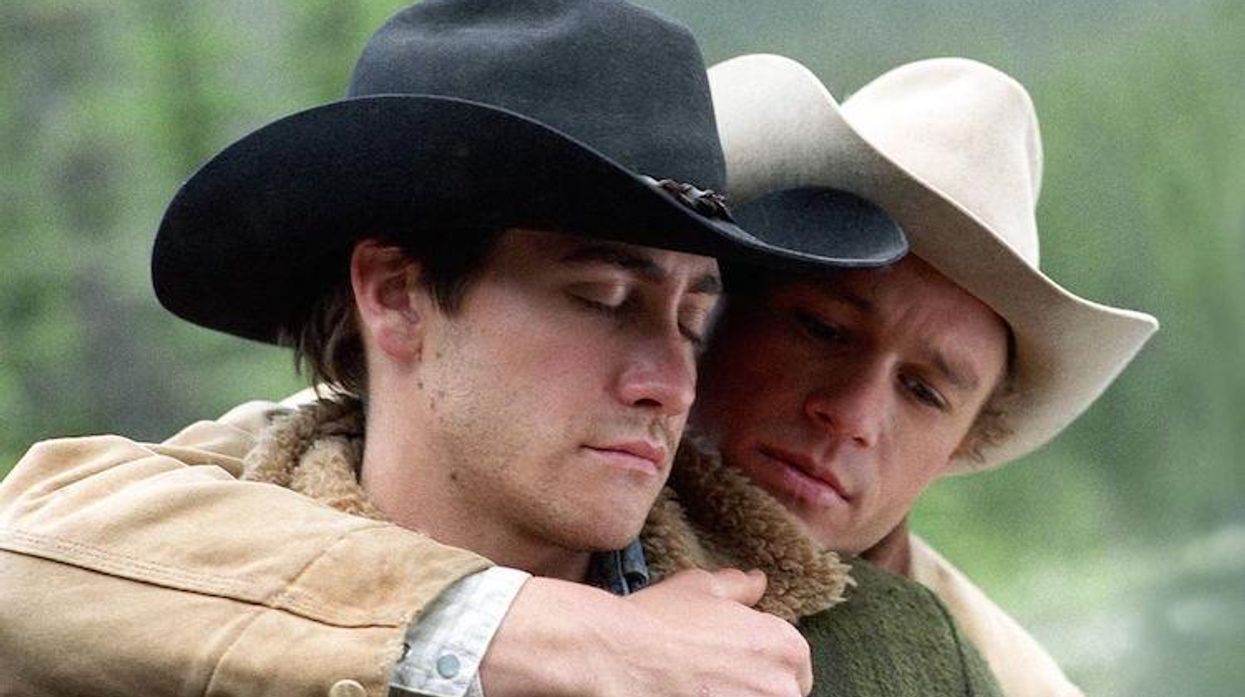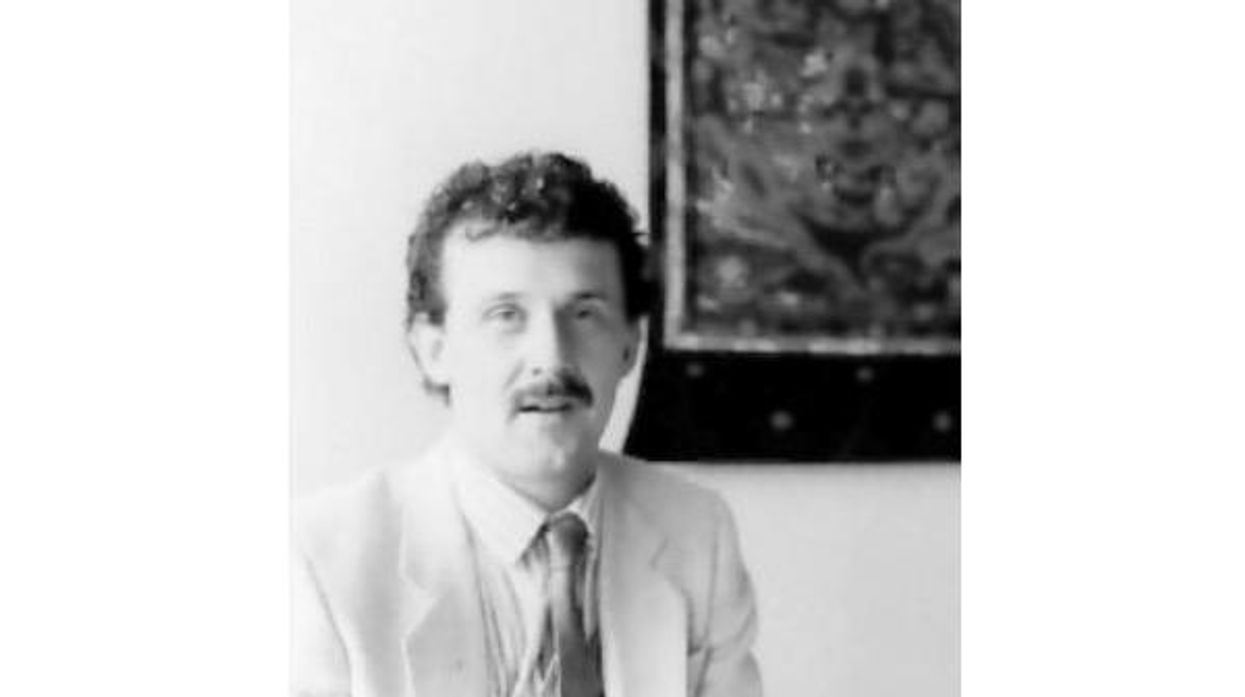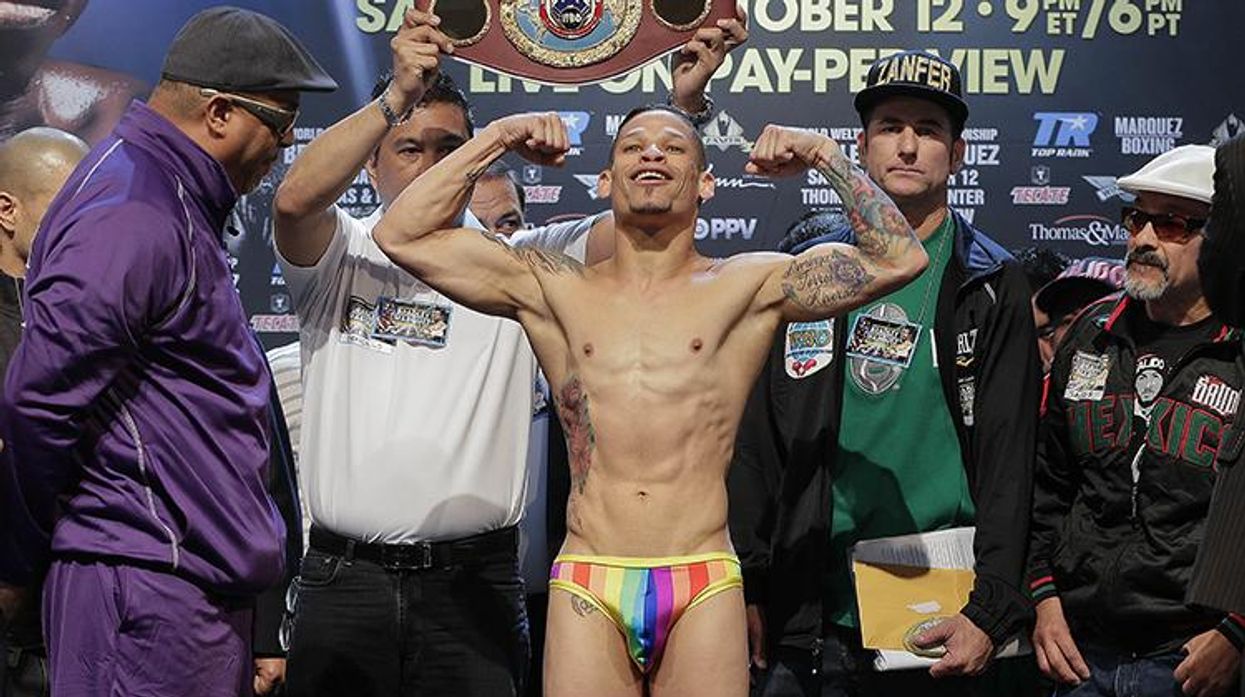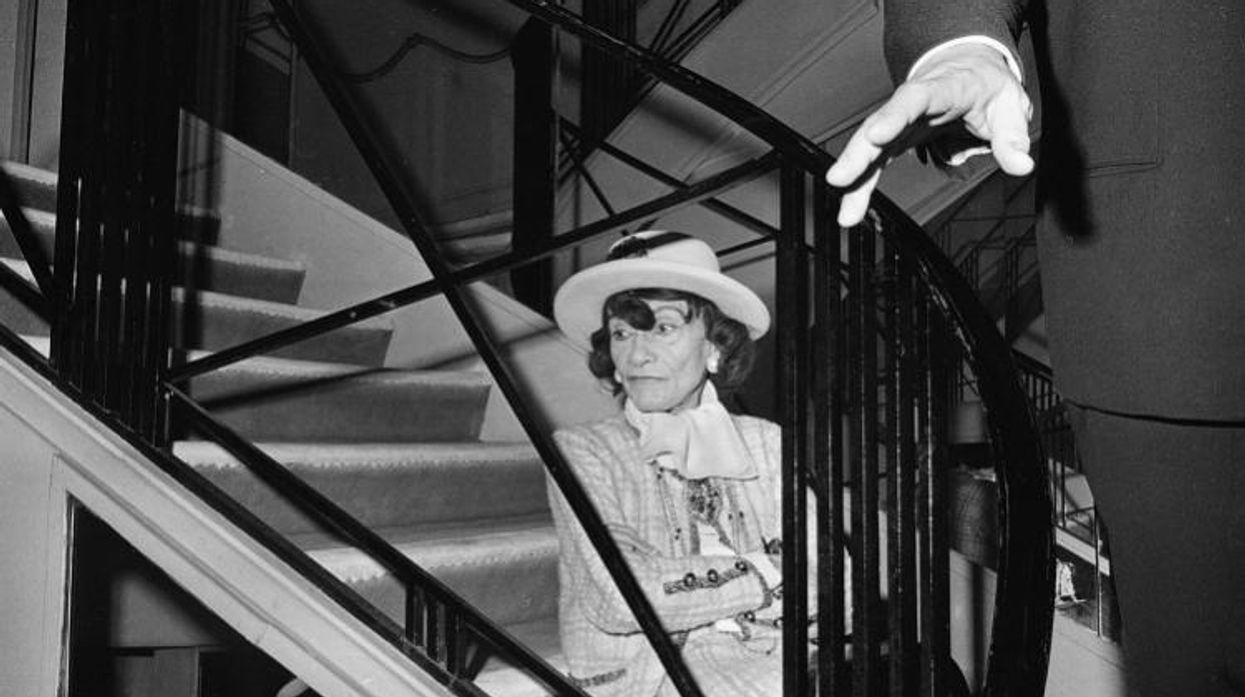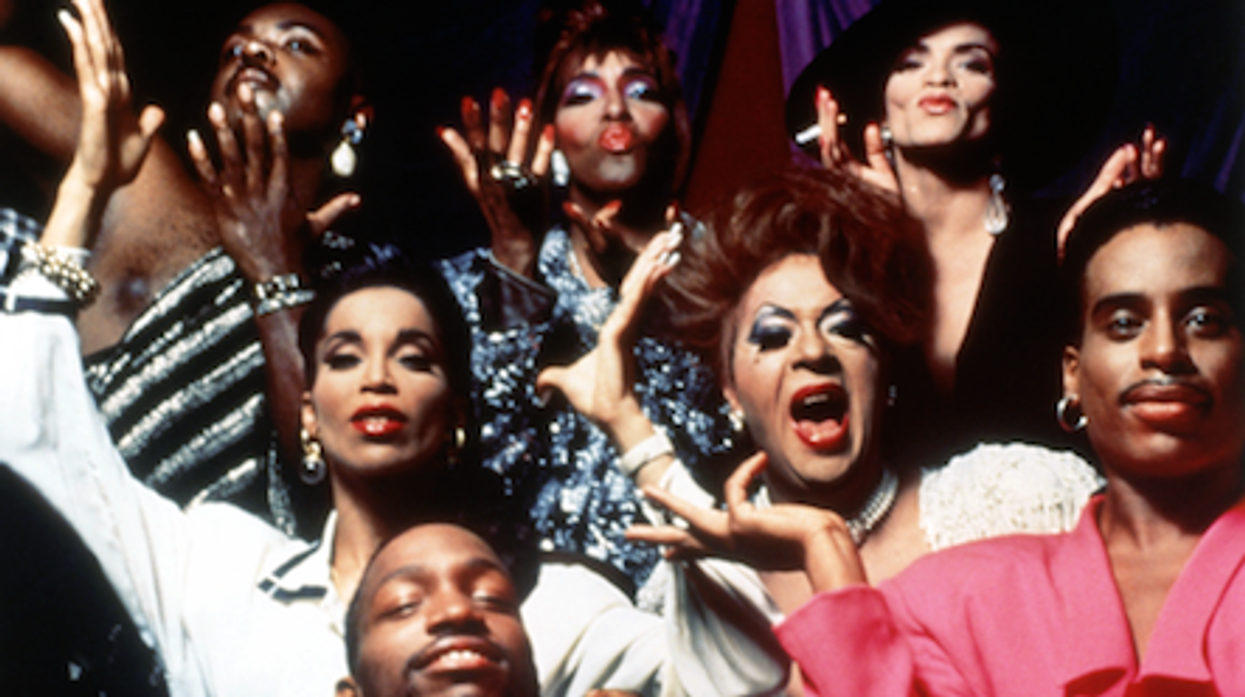Born on this date in 1902, Tallulah Bankhead was made for the tabloids: a rich, beautiful socialite from a liberal political dynasty who departs her native Alabama for New York at age 15 and throws herself into the party scene, complete with cocaine and Mary Jane. (She once said, "Cocaine isn't habit forming. I should know--I've been using it for years.")
For all the public attention, though, fame eluded Bankhead those first years. Then in 1923, after some bit parts on Broadway, Bankhead hit it big in London, where she performed in a number of plays, including The Dancer and Sidney Howard's Pulitzer Prize-winning play They Knew What They Wanted.
She found more stage success over the next eight years in London before returning to the States in 1931 and landing roles in Tarnished Lady, Devil and the Deep with Gary Cooper and Cary Grant, and Faithless, a drama about a rich socialite who loses all her money. Bankhead didn't lose her money, but her career and health both took hits over the next few years, and she had to stop working for a few years after a rough bout with VD ended with a hysterectomy in 1933.
Through it all, Bankhead remained superbly and publicly sexual, taking lovers of both genders, including Marlene Dietrich, Hattie McDaniel, and Alla Nazimova. She described herself as "ambisextrous" and was so open that she once said, publicly, "I've tried several varieties of sex. The conventional position makes me claustrophobic. And the others give me either stiff neck or lockjaw."
Bankhead did marry once, to actor John Emery in 1937, but it was an unhappy union -- one most likely meant to clean up her image -- and ended in 1941, just as Bankhead returned to the stage. More than any other, though, Bankhead's most-talked about affair was the one she had with Billie Holiday, whom Bankhead most likely met before Holiday was actually famous, when the budding singer and the larger-than-life actress both partied in Harlem. Whatever the details, the women became intimate and were so close that, in January of 1949, after Holiday was arrested for heroin possession, Bankhead asked well-known fan and FBI head honcho J. Edgar Hoover for leniency.
Hoover may have been a closeted homosexual, but the queen of espionage couldn't resist a glamorous diva, even if she was an outspoken liberal, and he apparently did her bidding since Holiday, a repeat offender, was released.
Later, in a letter dated February 9, 1949, Bankhead wrote to Hoover, "...Thank you a thousand times for the kindness, consideration and courtesy, in fact all the nicest adjectives in the book, for the trouble you took re: our telephone conversation in connection with Billie Holiday." A giddy and twitterpated Hoover wrote back, "Your comments are greatly appreciated, and I trust that you will no hesitate to call on me at any time you think I might be of assistance to you."
It's unclear whether Bankhead took Hoover up on his offer when, two years later, Bankhead accused her maid of siphoning $150,000 from her fortune. The maid countered that Bankhead told her to use that money for coke and booze. It was the 1950s-version of Nigella Lawson's recent woes. Yet for all her sensational and public sexuality, Bankhead remained a conscientious citizen and lobbied for liberal causes like racial equality and social safety nets. Keeping with her family's democratic roots -- her father was Speaker of the House and her grandfather a U.S. Senator -- Bankhead campaigned for Harry Truman's reelection in 1948.
Careerwise, the 1940s and '50s brought ups and downs for Bankhead: She received a few movie roles, including the lead in Alfred Hitchcock's Lifeboat, and had a short-lived television show on NBC. In 1957, she guested on a Lucy and Desi comedy special, and had a few notable roles on stage, including in the 1961 Mary Chase show Midgie Purvis, which flopped but garnered Bankhead a Tony nomination. It was a slow decline from there and, within a few years, Bankhead's prospects had become cheap horror movies -- the 1965 UK release Fanatic -- and small television cameos, like a 1967 appearance on the camp-tastic Batman program. Bankhead died in one year later at the relatively early age of 66, due in large part to her heavy drug and alcohol use.
Her career, oversized personality, and insatiable sexual appetite continue to fascinate and confound, however, and most likely will for years to come.
In this clip, Bankhead explains her affinity for the word "darling" to Edward R. Murrow, who was then hosting the CBS newsmagazine See It Now.


